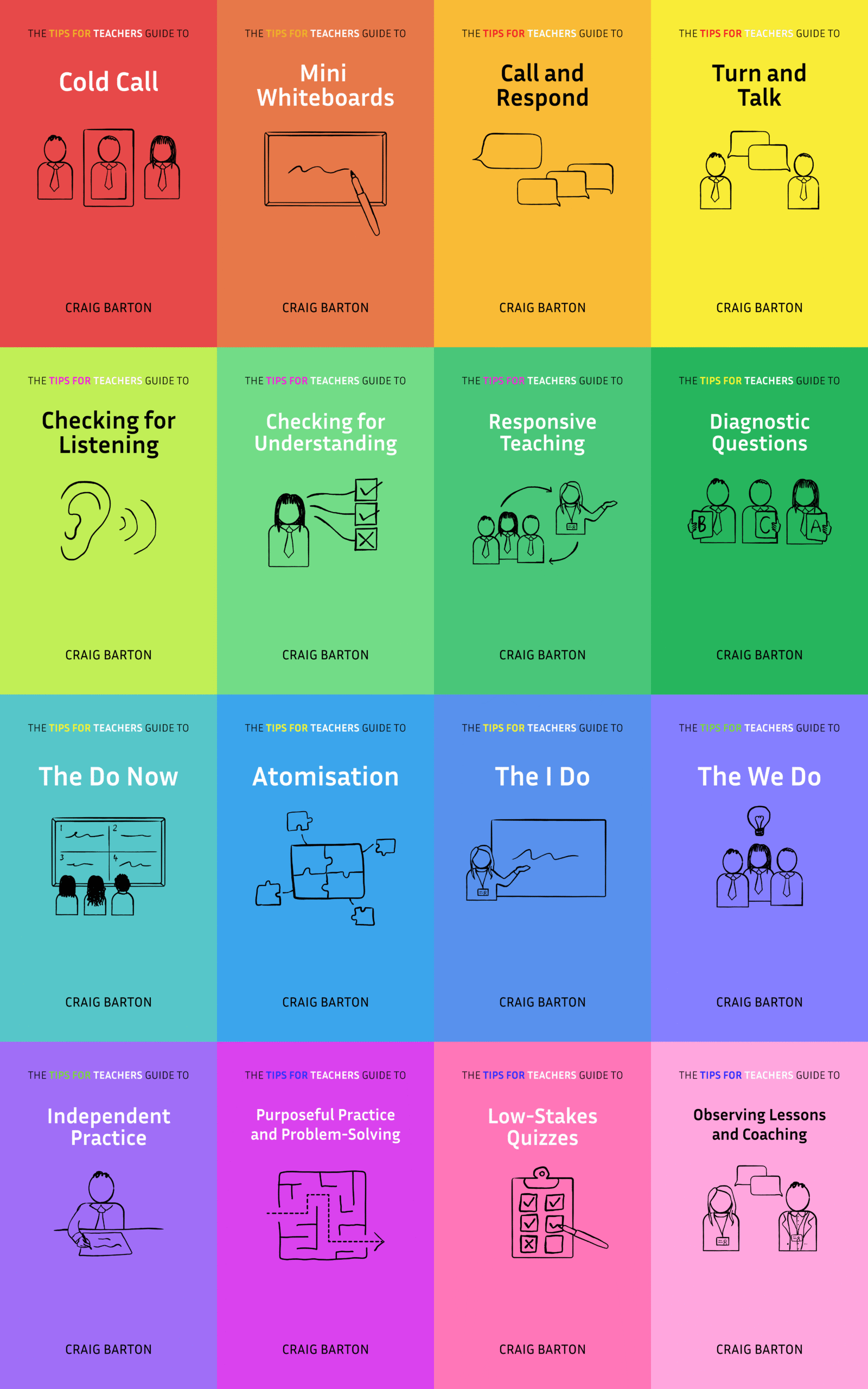Summary
This YouTube transcript discusses effective lesson planning, focusing on the “peak-end rule” which emphasizes the importance of a positive lesson conclusion. The speaker advocates for ending lessons with a feeling of accomplishment for students, suggesting methods like cliffhangers, exit tickets, or a core question to achieve this. They contrast this approach with ending on a challenging question, which can leave students feeling discouraged. The practicality and workload associated with exit tickets are also considered. Ultimately, the video promotes thoughtful lesson closure to maximize student learning and well-being.
What are the implications for teachers?
Based on the provided source, here are some implications for teachers regarding lesson planning and execution:
- The “peak-end rule” suggests that students remember the emotional high point and the end of a lesson most vividly. Therefore, teachers should plan the end of a lesson to be positive, ensuring students leave feeling good about themselves and their work.
- The end of the lesson should not be rushed or chaotic. Instead, it should be structured to reinforce positive behaviors, such as tidy desks, proper posture, and perfect uniforms, as these will be the last things students remember.
- Teachers should consider using a “cliffhanger” or teaser at the end of the lesson, or an exit ticket.
- Exit tickets should not be used to assess the teacher’s performance, but to let students feel successful and to reflect on their learning. The core question should be planned at the start of the lesson and be something that the teacher wants every student to get right.
- The “core question” at the end of the lesson should be designed for student success, not as a challenging question that leaves students feeling bad. This is a shift from using the last question as a challenge, which can leave students feeling unsuccessful if they do not answer correctly.
- The core question should be a vital part of the planning process.
- Exit tickets can be efficient and not add to teacher workload when implemented effectively. For example, printing multiple tickets per page and not requiring students to hand them back in or stick them in notebooks can save time.
- While handing out tickets might seem like an extra burden, using an exit ticket may be more beneficial and may be more important than projecting a question on the board for students to respond to on mini whiteboards, as this is not seen as often.
- The final moments of a lesson should be a “cool down” where students feel good, rather than a difficult part where they struggle.
In summary, teachers should focus on ending lessons with positive experiences to maximize student learning and engagement, rather than merely rushing to the end or using the end for a challenge which can lead to negative outcomes.
View all Craig Latimir’s lesson planning videos in this playlist:
You can listen to the full audio of our conversation on my Mr Barton Maths podcast here
If you haven’t already, please consider:
- Signing up to my free Tips for Teachers newsletter
- Becoming a Patreon to support my work








